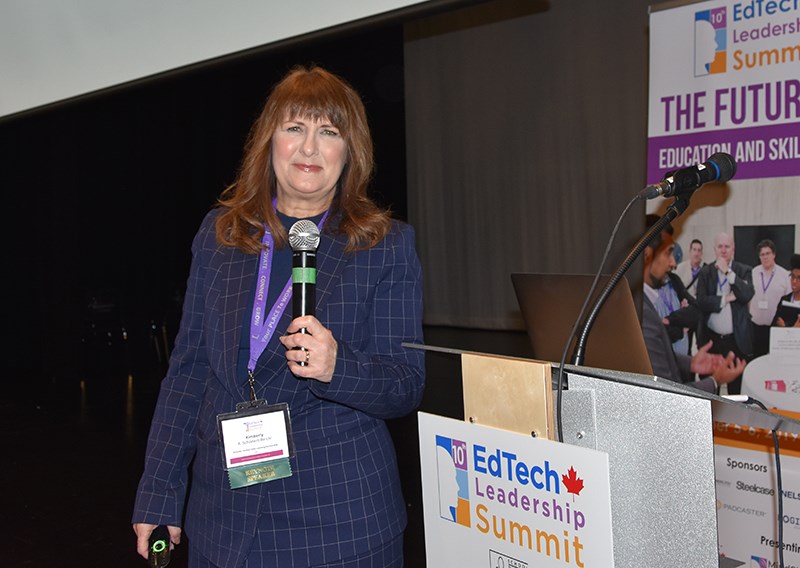The future may be laptops in schools but students also need to learn how to get along and function in a high-tech world.
Researcher Kimberly Schonert-Reichl laid out a compelling argument for programs in schools that help students develop their social and emotional competencies. These include self-awareness, self-management, responsible decision-making, relationship skills and social awareness.
The presentation took place during the 10th Canadian Edtech Leadership Summit, hosted by MindShare Learning Technology and School District 43 at Centennial secondary in Coquitlam, where participants discussed the future of education and skills students will need when they graduate.
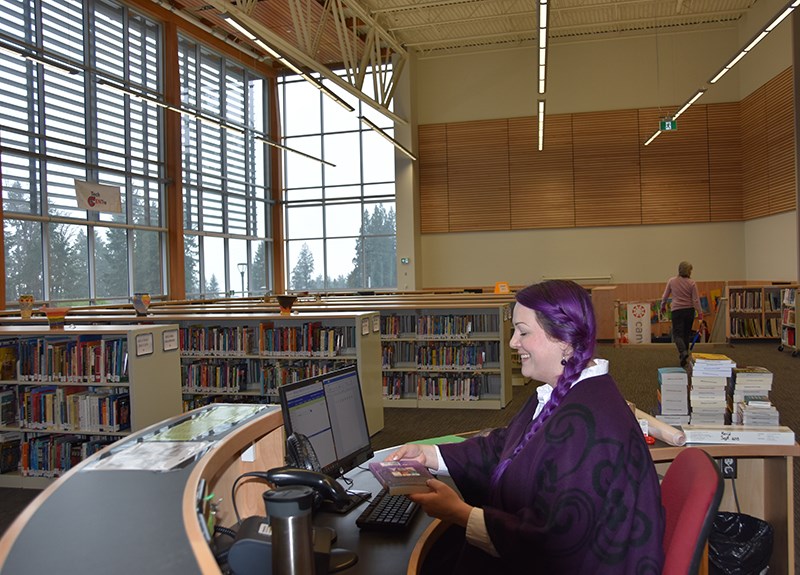
Attended by dozens of educators from SD43 and Metro Vancouver, participants learned about classrooms of the future from several speakers and how to make the shift to digital learning in a positive way.
Schonert-Reichl, the director of the Human Early Learning Partnership, said research shows students do better when they come to school well rested, are not dealing with toxic stress in their lives and have adults in school they can turn to for support.
“The neuroscience shows that how we think is affected by how we feel,” Schonert-Reichl said.
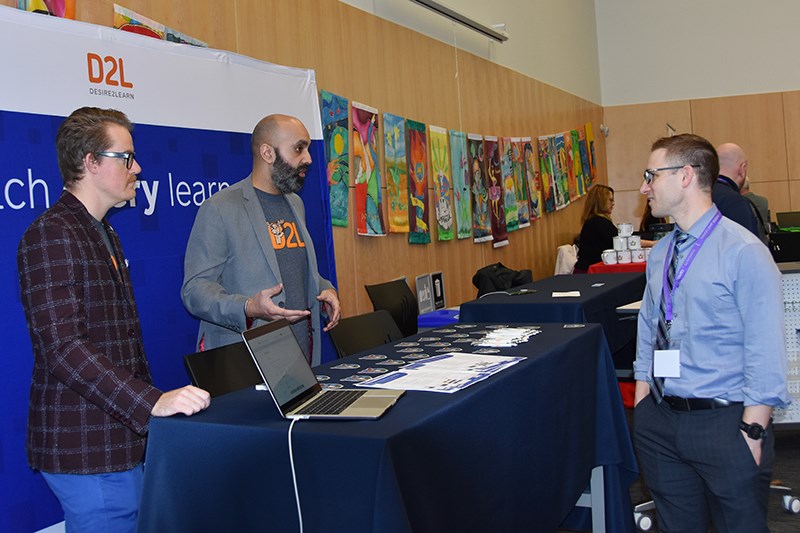
She said research on human health is shifting from ill-being to well-being, with prevention and providing students with tools to practice mental wellness becoming more common.
Stress can be contagious, Schonert-Reichl said, recalling a recent experiment in which students’ cortisol levels were checked in the morning. Higher cortisol levels, a key indicator of stress, was found amongst students whose teachers reported high levels of stress and burn out.
While some of the students could have been bringing home stress to school, affecting teachers, she urged educators to be aware of their own mindset and to practice mental wellness exercises, such as feeling gratitude or writing in a gratitude journal, to reduce their own stress levels. Toxic stress, where you feel like a wild animal is chasing you all the time, is the worst, and can lead to ill-health.
It also doesn't create an environment for thinking and success in school, Schonert-Reichl said, while the opposite is true, students who practice mental wellness do better in school.
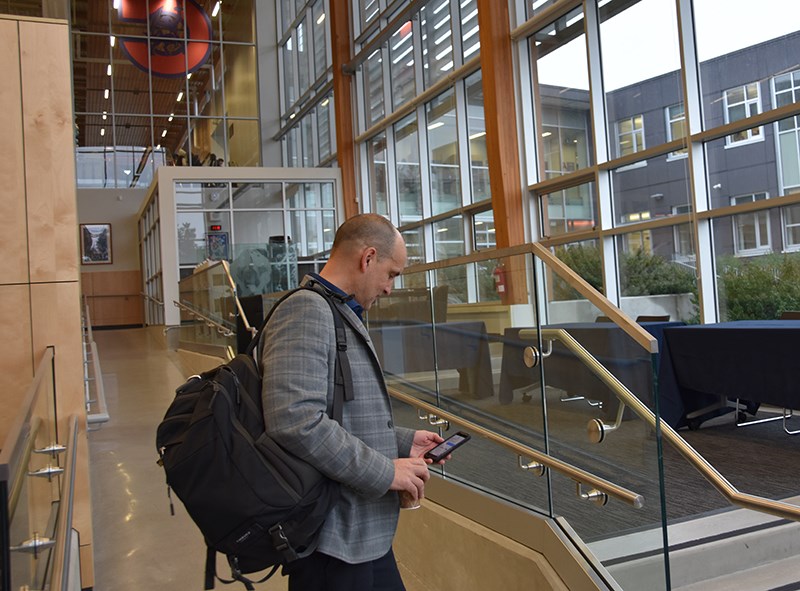
“Social and emotional fitness, like any muscle, it has to be exercised to be able to develop it,” she said.
More countries are embedding social and emotional learning skills into the curriculum, and B.C. is a leader, Schonert-Reichl said.
Participants also joined in a tour of the new school, where technology is an aid — not the main focus of classes — and students collaborate in the learning commons, which looks like a library but with more space to work together.
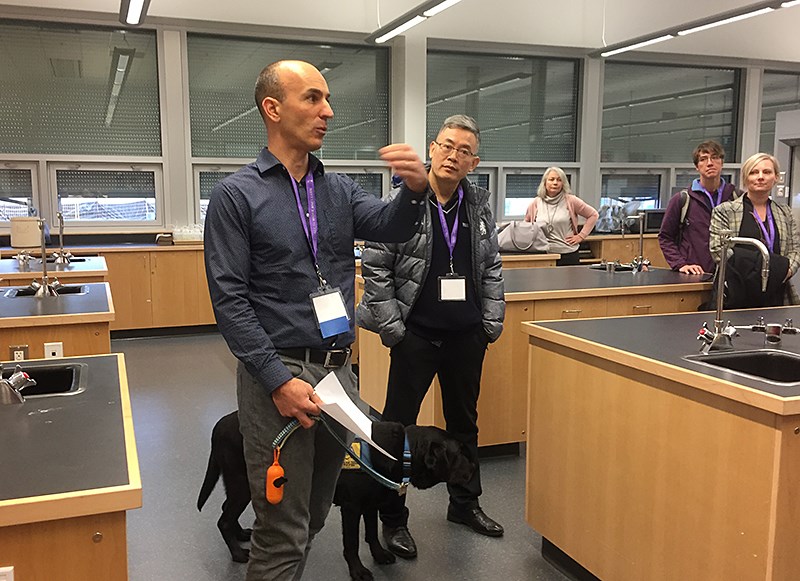
Principal Anthony Ciolfitto also showed participants the school’s large and open plan super lab where science students work on experiments, and the tech ed shop where students are working on cars driven by alternative fuels, such as bio diesel and electricity.
The summit also featured Senn Gélinas, a grade 11 student, who played the piano and sang one of the songs for a musical she is writing as part of her studies at Coquitlam’s Inquiry Hub.
For many, the performance was a fitting companion to Schonert-Reichl’s call for efforts to reduce stress and help students learn skills that will help them succeed in a changing world.
